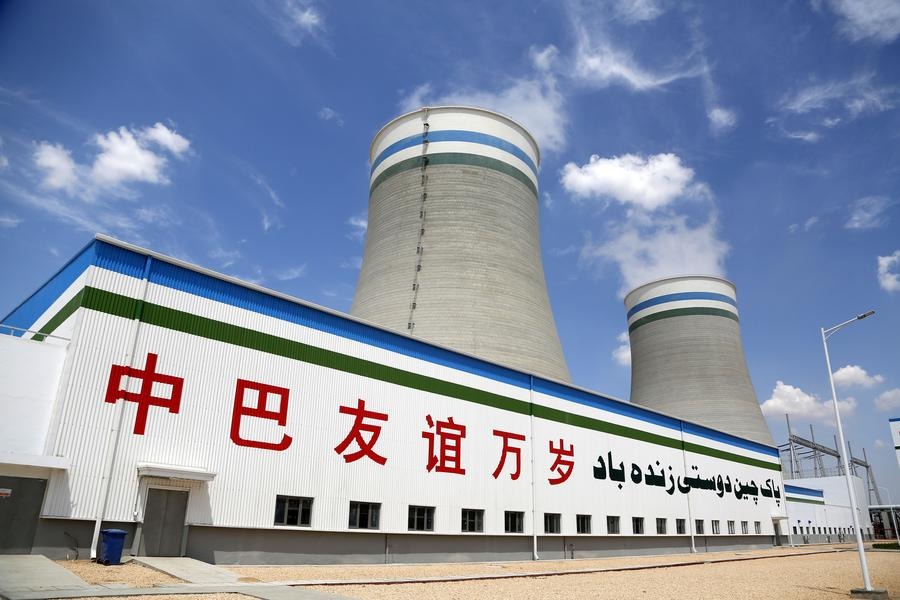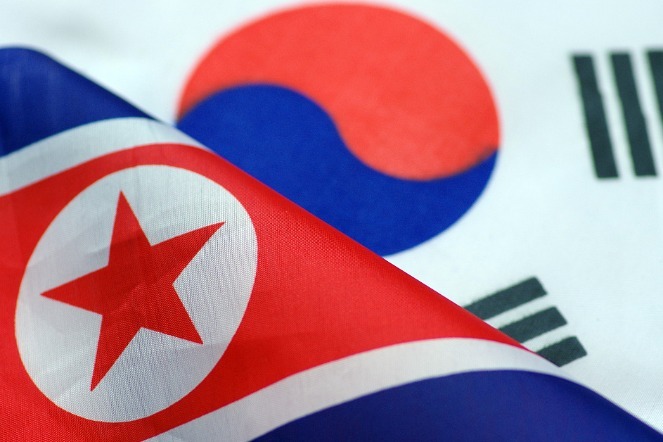Dollar hegemony prompts BRICS rethink


At the ongoing BRICS Summit in Johannesburg, a key topic that has attracted wide attention is the further development of new and complementary reserve currencies and settlement mechanisms. This suggests the global economy is slowly moving toward a post-US dollar era.
At the end of March, Alexander Babakov, deputy chairman of the Duma, the lower house of the Russian parliament, said the BRICS countries were working on creating a new trade currency. Babakov expected the BRICS Summit to intensify that process.
Interestingly, this marginal comment was quickly inflated to magnificent disproportions in the West when the fact is that BRICS seeks to foster prosperity through diversified development.
Ever since then, some international observers and media outlets from The Wall Street Journal to the Financial Times have derided the idea of a BRICS currency, calling the attempt as "de-dollarization". A BRICS currency, they warn, could undermine the dominance of the US dollar, which they see as a nightmare of sorts.
In May — oddly, amid the US banking crisis — economist Paul Krugman attributed the de-dollarization "brouhaha" to crypto-cultists and Russian President Vladimir Putin's sympathizers, as if the trend was nothing but a misguided anti-US melee.
The shift from the dollar as a global trade currency has already started. But the countries trying to shift their dependency on the dollar seek to avoid disruptions and do not rely on the kind of top-down network effects, which the US dollar and its precursor the British pound once used, typically through geopolitics and military might.
Instead, BRICS promotes bottom-up network effects. As the grouping has suggested, the first step is the transition to settling trade deals in local currencies, to avoid redundant currency intermediaries and foreign exchange traps. The next is the establishment of a digital currency. The launch of a potential common currency is another possibility, but that's more likely to happen in the long run.
In spring this year, Brazilian President Luiz Inacio Lula da Silva said he asks himself "every night, why all countries have to base their trade on the dollar". It is a valid point, because global currency arrangements shouldn't reflect the interests of only the American people who account for only 4.1 percent of the world population.
Thanks to its organizational flexibility, BRICS makes taking unilateral, bilateral and multilateral measures possible. Such measures range from gradual reforms to more unilateral individual measures, which are being promoted by aspiring BRICS members and coalition partners, too, as they share the grouping's vision.
Reportedly, 23 countries have formally applied to join BRICS, while an equal number of countries has expressed the desire to become BRICS members. Countries looking to join the grouping include Saudi Arabia, Iran, the United Arab Emirates, Argentina, Indonesia, Egypt and Ethiopia. After the 1955 Bandung Conference, non-aligned countries launched a political movement. Today, BRICS is building an economic bloc.
It is the rising number of large and populous emerging economies which has made possible the kind of bottom-up network effects, which will be critical to launching the new infrastructure for the proposed complementary settlement mechanisms. These bottom-up effects are based on the choices of sovereign states. By contrast, the dollar's predominance is imposed on the rest of the world; it has nothing to do with sovereign choices.
Like asset managers who seek to maintain appropriate diversification in their portfolios, BRICS' strategic objective is to recalibrate reserve currencies. In a multipolar world economy, global growth prospects are driven by large emerging economies, not by the West any longer.
Paradoxically, misguided US policies have accelerated the erosion of the dollar-based currency regime following the global financial crisis in 2008 — triggered by the subprime meltdown and asset bubbles in the US — and due to excessive debt-taking, trade protectionism, disputes over technologies, the COVID-19 pandemic-induced economic slowdown, and the US' effort to launch a Cold War against China.
When the dollar is weaponized by US foreign policy in the name of the international community but without the latter's broad support, it puts trade invoicing and settlement, foreign corporations, and central bank reserves at risk. Hence, the recent warning by Fitch Ratings that it may be forced to downgrade dozens of US banks, even the likes of JP Morgan Chase.
The Silicon Valley Bank, the Signature Bank and the First Republic Bank collapsed, and UBS took over Credit Suisse in the spring. And 200 more banks could be vulnerable to the type of risk that caused the SVB's collapse. Across the US, 2,315 banks, almost half of the total, have assets less than their liabilities.
Today, US public debt hovers around $32.6 trillion — $2 trillion more than a year ago. Since 2008, US debt as percentage of GDP has doubled, soaring to over 120 percent. According to the non-partisan Congressional Budget Office, persistently large federal deficits will push federal debt above 181 percent of GDP by 2053.
To defer the reckoning, the Joe Biden administration needs to print money, ceaselessly. Such trajectories are damaging to major foreign holders of US federal debt, many of which are large emerging economies, particularly China.
If, in a likely crisis, these economies drastically reduce their US securities purchases or sell a significant share of their dollar holdings, or do both, Washington would need to offset the gap. Otherwise, it will face significantly higher interest rates. Neither Western Europe nor Japan can alleviate the resulting pain, because both are struggling with secular stagnation, as is the US. To avoid such lethal global scenarios, BRICS seeks a diversified world economy and international reserve currencies. That trajectory is more peaceful, stable and secure.
The author is the founder of Difference Group, and has served at India, China and America Institute (US), Shanghai Institutes for International Studies (China), and the EU Centre (Singapore). The views don't necessarily reflect those of China Daily.
If you have a specific expertise, or would like to share your thought about our stories, then send us your writings at opinion@chinadaily.com.cn, and comment@chinadaily.com.cn.


































